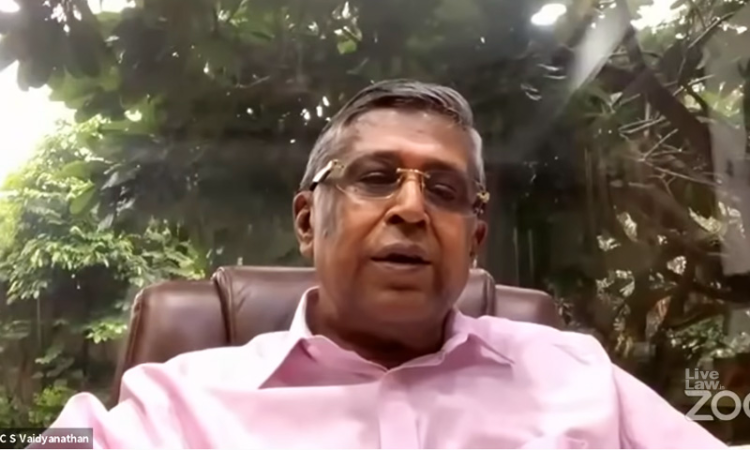In the latest edition of LiveLaw's legal practitioners' webinar series, Senior Advocate CS Vaidyanathan threw light on some of the most desirable practices that lawyers could adopt while speaking extensively on "The Future of Advocacy in India". At the outset, Mr. Vaidyanathan expressed his concern over the lack of urgency being shown by Indian Courts in dealing with matters of...

